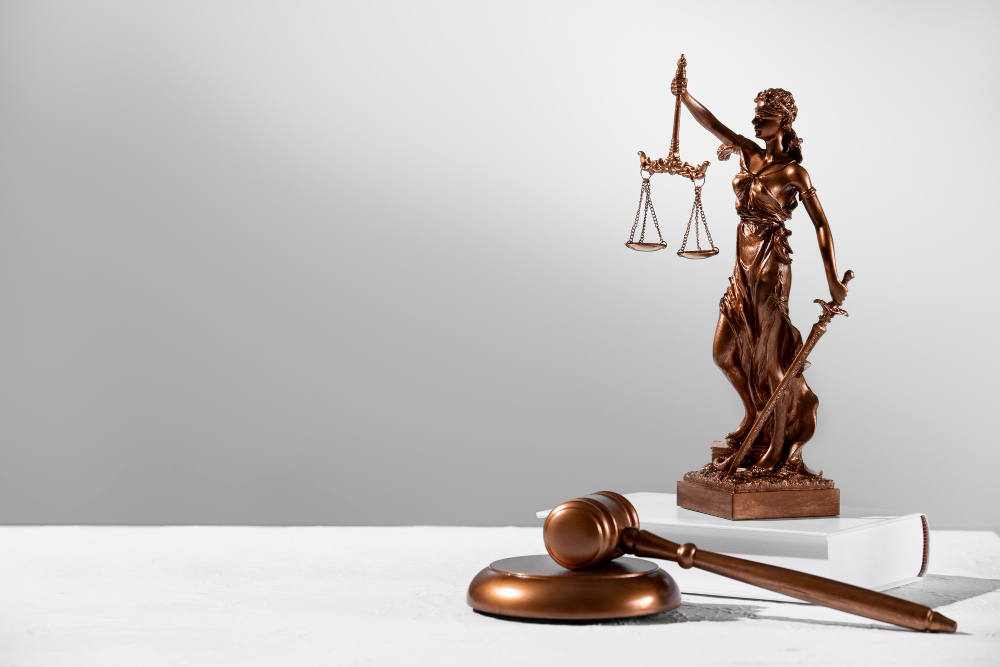Patent Registration in Chennai: A Comprehensive Guide
Introduction
Chennai, the capital city of Tamil Nadu, is a hub of innovation and industrial growth in India. With a vibrant mix of IT companies, manufacturing units, research institutions, and startups, Chennai significantly contributes to the nation's intellectual property landscape. Patent Registration in Chennai is crucial for protecting inventions and ensuring creators receive the recognition and financial benefits they deserve. This article provides a detailed overview of the patent registration process in Chennai.
Understanding Patents
A patent is an exclusive right granted to an inventor for a novel, non-obvious, and industrially applicable invention. It allows the patent holder to prevent others from making, using, selling, or distributing the patented invention without permission. In India, the process of obtaining a patent is governed by the Indian Patents Act 1970.
Why Patent Your Invention?
- Protection: Safeguards your invention from unauthorised use.
- Monetary Benefits: Provides opportunities for licensing and commercialisation.
- Market Position: Enhances competitive advantage and market credibility.
- Recognition: Establishes the inventor’s contribution to the field.
Steps for Patent Registration in Chennai
- Preliminary Search and Analysis:
- Conduct a patentability search to ensure that the invention is novel.
- Analyse the search results to assess the potential for patenting.
- Drafting the Patent Application:
- Prepare a detailed specification, including the title, field of invention, background, summary, detailed description, claims, and drawings.
- Seek professional assistance from a registered patent agent or attorney to ensure accuracy and completeness.
- Filing the Patent Application:
- Apply to the Chennai Patent Office, which is part of the Indian Patent Office.
- Applications can be filed online through the official website of the Indian Patent Office.
- Publication of the Application:
- The patent application is published in the official journal after 18 months of filing.
- Early publication can be requested for expedited processing.
- Request for Examination:
- File a request for examination within 48 months from the filing date.
- The patent office examines the application for compliance with legal and technical requirements.
- Examination Report and Response:
- The patent office issues an examination report highlighting any objections.
- Respond to the objections by amending the application or providing clarifications.
- Grant of Patent:
- Once all objections are resolved, the patent is granted, and a certificate of patent is issued.
- The granted patent is published in the official patent journal.
- Post-Grant Compliance:
- Pay annual maintenance fees to keep the patent in force.
- Enforce the patent rights against infringers if necessary.
Conclusion
Patent registration in Chennai is a strategic step for inventors and businesses aiming to protect their intellectual property. Following the structured process outlined above, innovators can secure their inventions and leverage their patents for commercial success. Seeking expert guidance from patent professionals can significantly enhance the chances of obtaining a patent and effectively navigating the complexities of patent law.





Comments